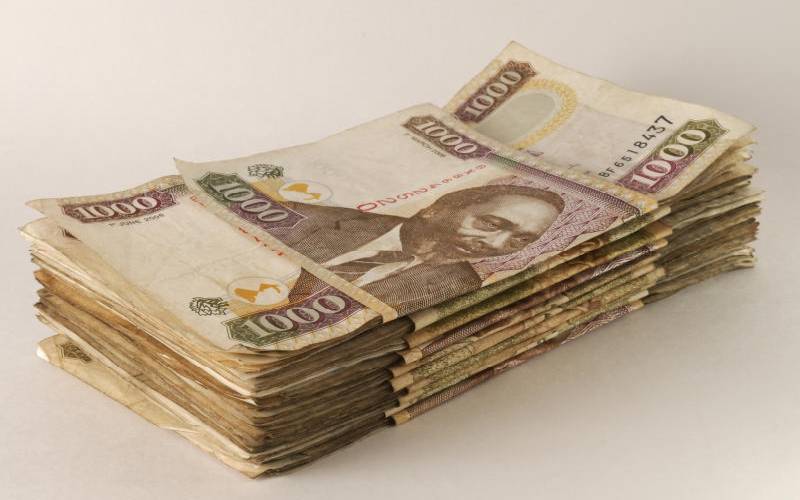 "Hard" scientists like physicists, biologists and chemists love experiments, which can be expensive. For instance, the Future Circular Collider used for detecting sub-atomic particles like bosons will cost about €21 billion (Sh2.4 trillion), not far from our annual budget.
"Hard" scientists like physicists, biologists and chemists love experiments, which can be expensive. For instance, the Future Circular Collider used for detecting sub-atomic particles like bosons will cost about €21 billion (Sh2.4 trillion), not far from our annual budget.
Social scientists rarely use such experiments. Instead, they watch events and compare variables before and after. They are led by their high priests - the economists - with their esoteric equations and graphs. The Central Bank of Kenya (CBK) has been usually generous to economists with free experiments. In fact, they should give the CBK boss two goats in good faith for his generosity. The first experiment was on the interest rate cap. The results were mixed. Kenyans did not queue outside banks and shylocks never closed shop.